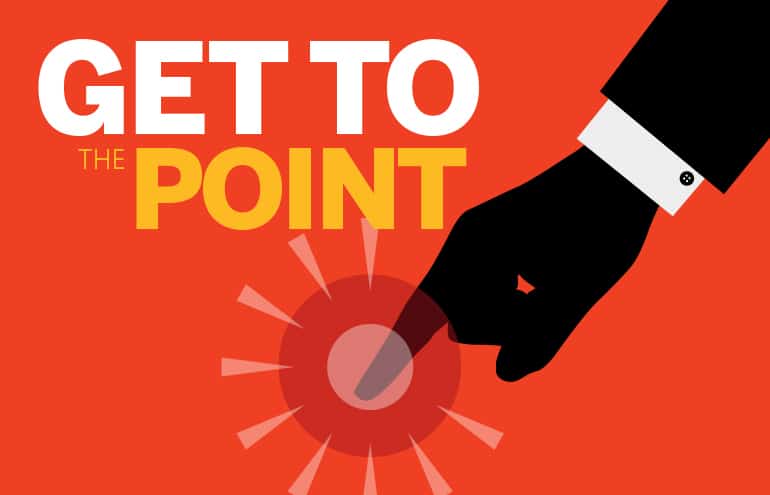Is it “bemused” or “amused”? Like “verbiage” and “expansive,” the word “bemused” has apparently lost its meaning through misuse. “Bemused” is appearing more and more often. However, the context usually shows that the writer meant “amused.”

Another Word Loses Its Meaning
A synonym for “bemused” is “confused” or “bewildered.” To be amused is to find something funny or entertaining. Both words reference the nine muses of Greek mythology, goddesses of the arts and inspiration.
The etymology suggests that rather than use “bemused” for “amused,” if anything, the switch should be the other way around. “Bemused,” meaning to be completely confused, can be traced back to the 18th century. In 1735, Alexander Pope wrote his poem “Epistle to Dr. Arbuthnot,” about the difficulties of writing good satire. He asks about a drunk cleric, “Is there a parson, much bemus’d in beer, … Who pens a stanza, when he should engross?”
“Amused,” on the other hand, dates back to the 15th-century Old French and Latin usage, meaning to cause to muse distractedly, to ponder, or stare fixedly; nothing here about laughing.
Like “gauntlet” (a glove) and “gantlet” (two lines of people who swat a person running between the lines), the misuse of “bemuse” has become so pervasive that Dictionary.com has included the misuse as a tertiary definition: “mildly amused, especially in a detached way.” The definition describes how people actually use the word, rather than dictating how it should be used. That’s what we do here at “Get to the Point.”
Will This Word Misuse Make a Difference to Your Professional Writing?
Maybe. If you mean to describe someone’s reaction to a situation as amused when in fact you have described the person as not sure what they are doing, that could raise some questions. Did the person who saw the accident laugh, as some do in this situation? Or was the person confused about what to do to help?
So many people mistake the definition of “bemused,” the best choice may be to not use it at all lest you cause your reader to be bemused.

More Writing Tips
Find more good ideas for improving your legal writing and communications skills in “Get to the Point” by Teddy Snyder.
Subscribe to Attorney at Work
Get really good ideas every day for your law practice: Subscribe to the Daily Dispatch (it’s free).
Image © iStockPhoto.com
















